AI deepfakes, video game footage disguised as real-life combat scenes, and chatbot-generated misinformation—all of these forms of tech-enabled misinformation are severely distorting the Israel-Iran conflict, fueling a narrative war across social media platforms that obscures the facts.
The information war, which runs parallel to the on-the-ground skirmishes — sparked by Israeli strikes on Iran’s nuclear facilities and military leadership — has exposed a deep digital crisis in an era of rapidly evolving AI tools that blur the line between truth and fabrication.
Experts say the explosion of disinformation in conflict has highlighted the urgent need for more robust detection and verification tools. Worryingly, major tech platforms are loosening those safeguards by cutting back on content moderation and reducing reliance on fact-checkers.
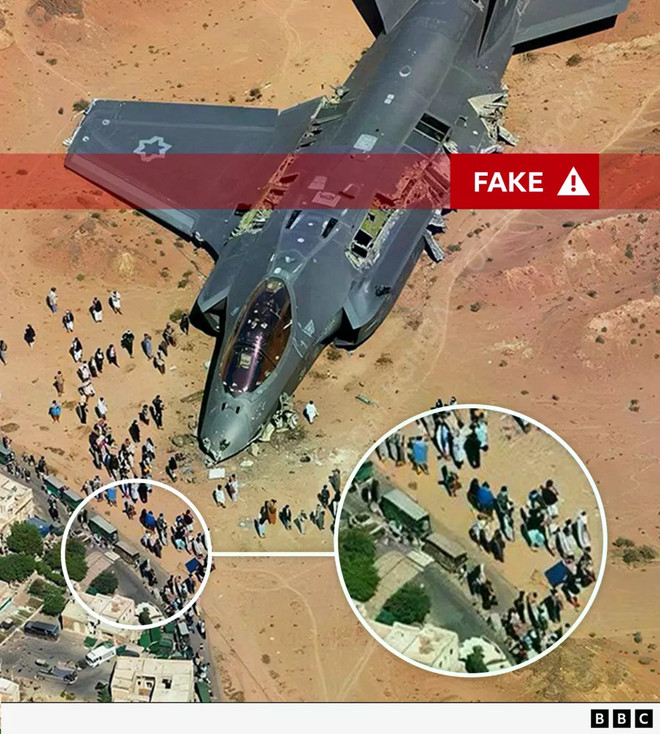
Speaking to reporters, Ken Jon Miyachi, founder of Austin-based BitMindAI, said the world is witnessing a surge in AI-generated misinformation, especially related to the Iran-Israel conflict. These tools are being used to manipulate public perception, often amplifying divisive or false narratives with unprecedented scale and sophistication.
GetReal Security, a US company that specializes in detecting manipulated media, has also identified a wave of fake videos related to the Israel-Iran conflict.
The company links the highly visual videos — depicting horrific scenes of Israeli planes and buildings damaged by conflict, as well as Iranian missiles mounted on trailers — with Google's Veo 3 AI generator, which is known for its ability to create hyper-realistic images.
Hany Farid, co-founder of GetReal Security and professor at the University of California, Berkeley (USA), shared a little tip for identifying fake images created by AI: Veo 3 videos are usually 8 seconds long or a combination of clips of similar length.
“This eight-second limit obviously doesn’t prove a video is fake, but it should be a good reason for you to stop and check the information before sharing,” he stressed.
According to Mr. Miyachi, an expert at BitMindAI, the current situation of spreading false and fake content on the internet reflects a deeper crisis - the erosion of trust in digital information.
Faced with this situation, he emphasized the need to develop more effective tools to detect fake content, improve media literacy in society, and promote the responsible role of technology platforms in maintaining the transparency and health of public discussions./.
Source: https://www.vietnamplus.vn/ai-lam-nhieu-loan-thong-tin-ve-cuoc-xung-dot-israel-iran-nhu-the-nao-post1045593.vnp



![[Photo] Prime Minister Pham Minh Chinh chairs a meeting on housing policy and the real estate market.](https://vphoto.vietnam.vn/thumb/1200x675/vietnam/resource/IMAGE/2025/11/11/1762838719858_dsc-2107-jpg.webp)



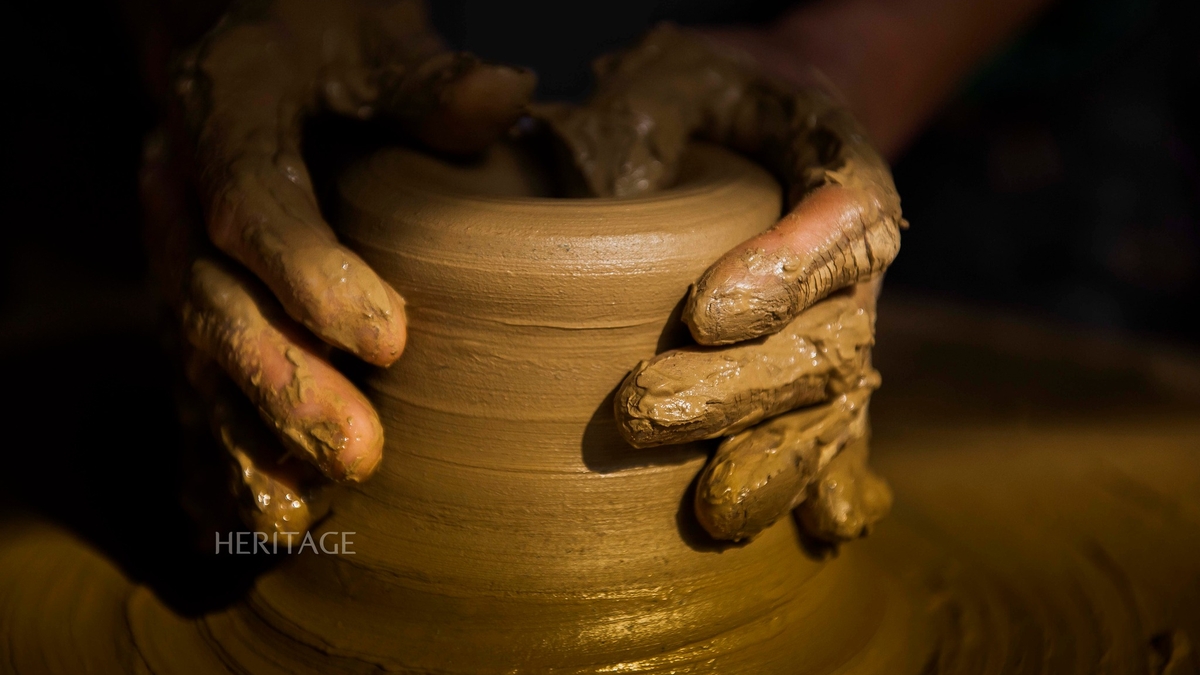


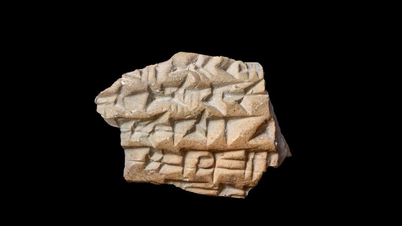




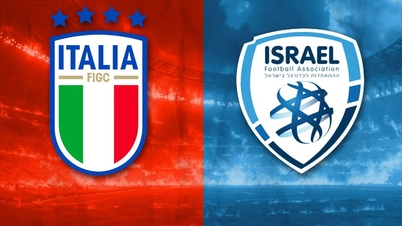
















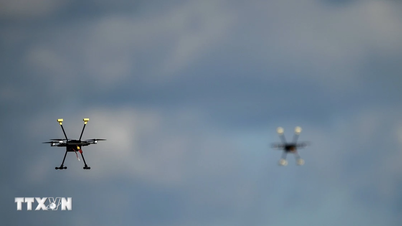














































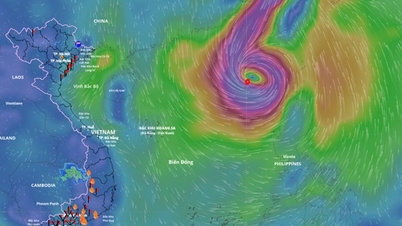


















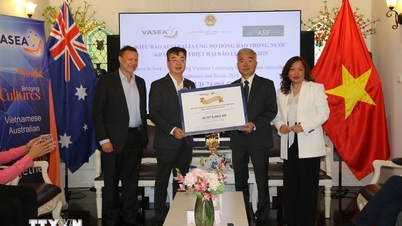



![Dong Nai OCOP transformation: [Article 4] Reaching national standard products](https://vphoto.vietnam.vn/thumb/402x226/vietnam/resource/IMAGE/2025/11/11/1762825820379_4702-cac-san-pham-trai-cay-chung-nhan-ocop-nongnghiep-174649.jpeg)



![Dong Nai OCOP transition: [Article 3] Linking tourism with OCOP product consumption](https://vphoto.vietnam.vn/thumb/402x226/vietnam/resource/IMAGE/2025/11/10/1762739199309_1324-2740-7_n-162543_981.jpeg)






Comment (0)